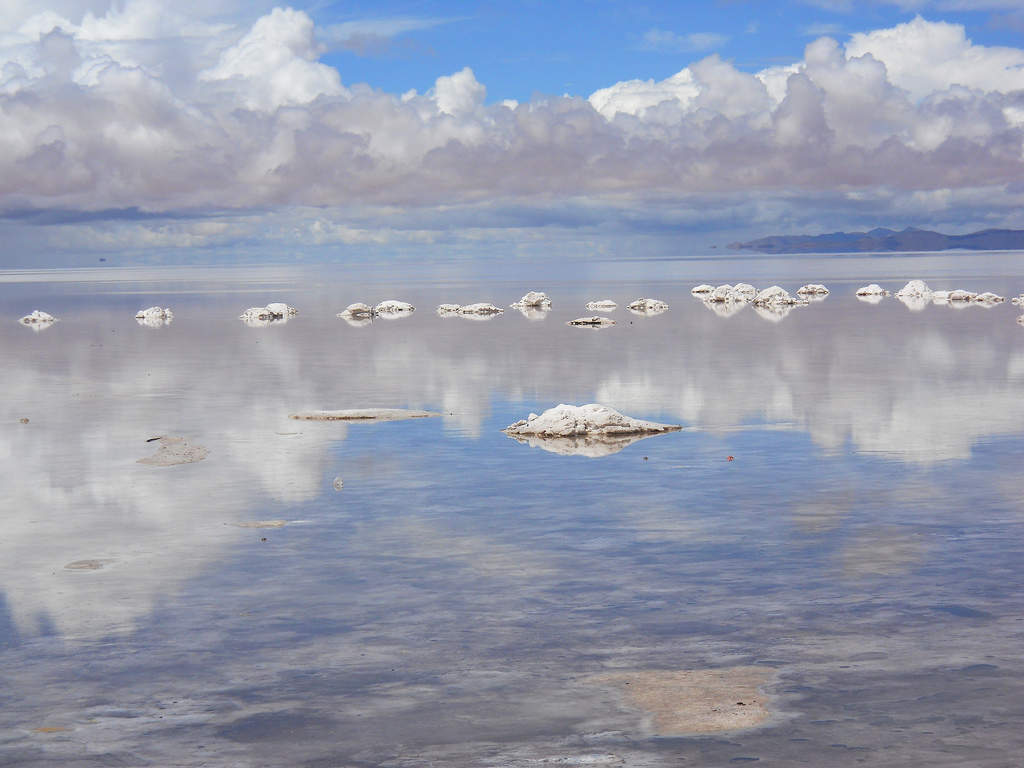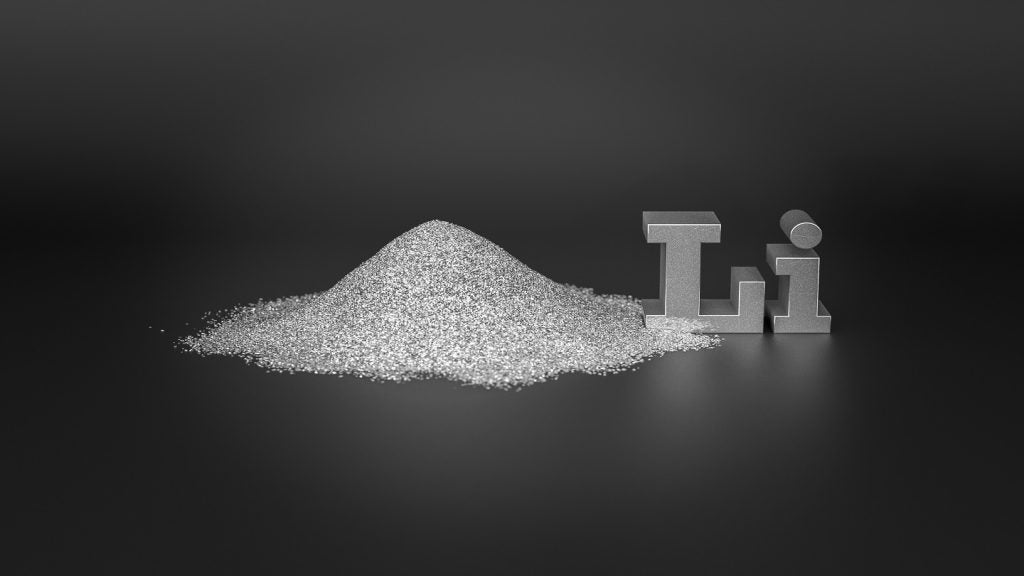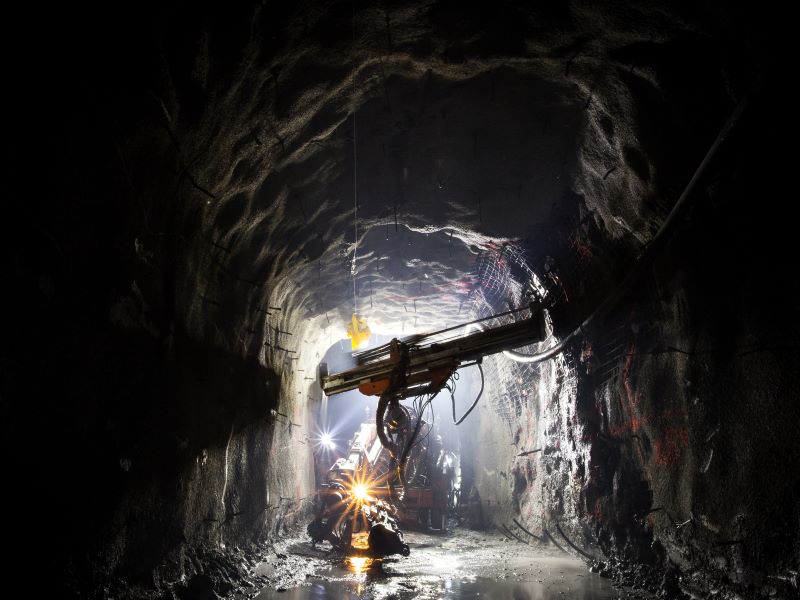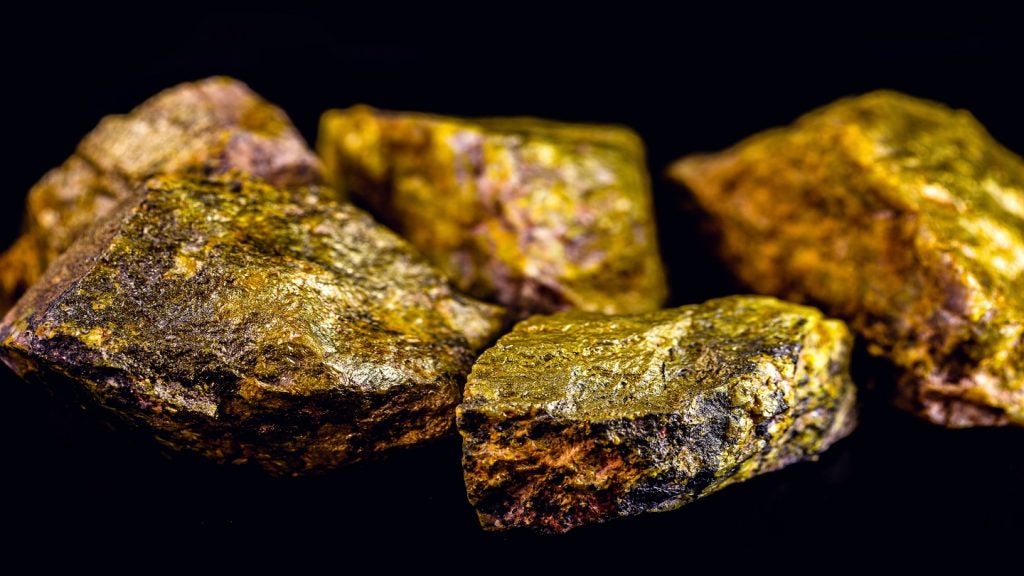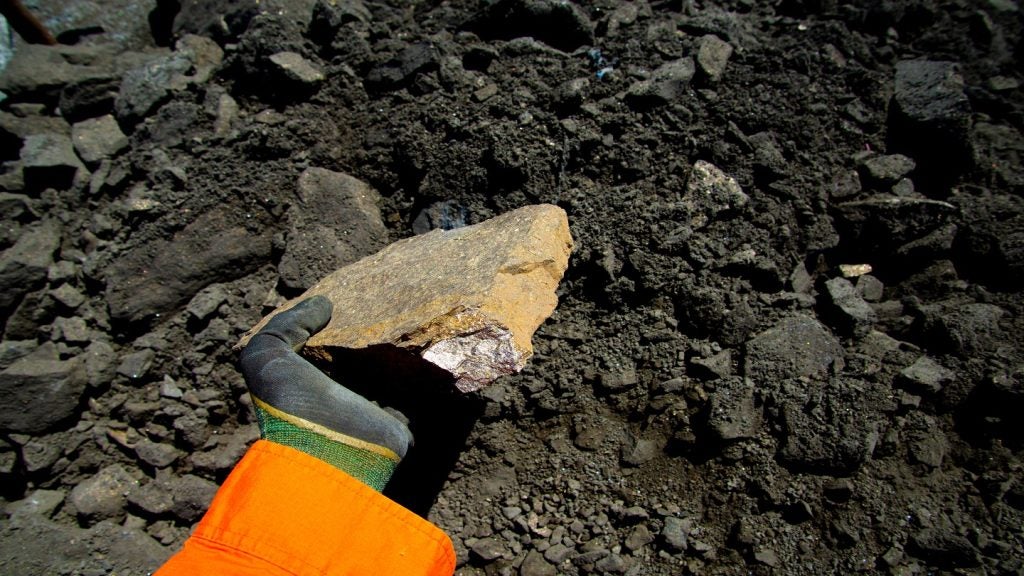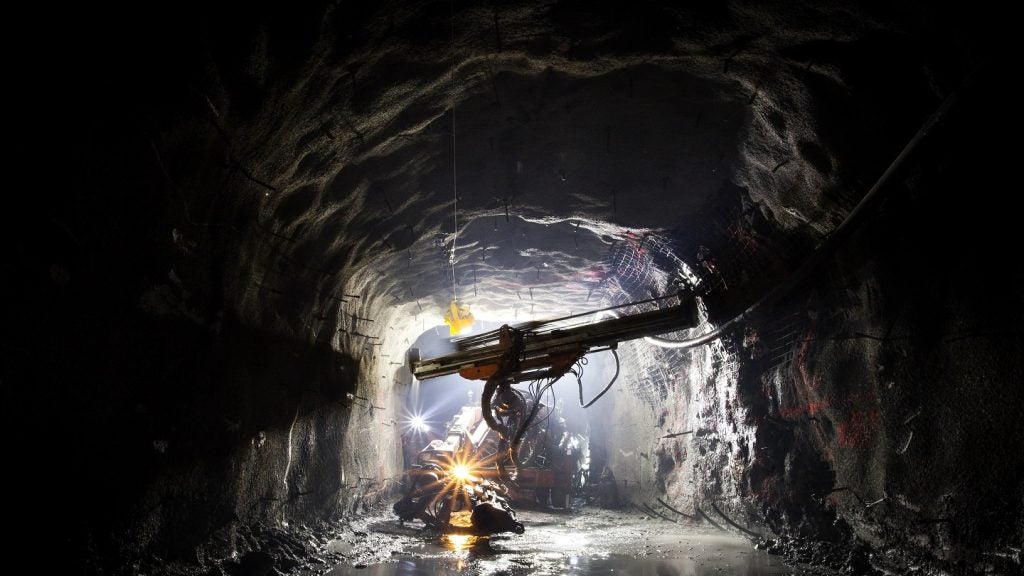Bolivia finalised a major deal this week with China’s largest battery producer CATL and largest cobalt miner CMOC in a move that could finally see the South American country untap the full potential of its huge lithium resources.
State-owned producer Yacimientos de Litio Bolivianos (YLB) said the group would invest around $1bn (919.97bn pesos) to build production plants that would use direct lithium extraction (DLE) in the Salar De Uyuni and Salar de Coipasa salt flats.
The consortium, which also includes CATL’s recycling subsidiary, Brunp, will produce 25,000 tonnes (t) of battery-grade lithium carbonate by 2024 and 100,000t by 2028, using DLE rather than large evaporation ponds.
The plant will have initial production capacity of 2,500 tonnes per annum (tpa) and in addition to DLE the facility will test brine treatment processes. This forms part of a plan to develop another industrial plant with 25,000tpa of capacity and an investment of $90m in Colcha municipality, YLB president Karla Calderón said.
In 2021 CATL made a bid for Argentina’s Millennial Lithium but lost out to Canadian lithium producer Lithium Americas. Since then, the company has invested in production of lithium within China and retained its place as the second-largest shareholder in CMOC.
This week’s deal completion is a shot in the arm for Bolivian President Luis Arce, who was elected in 2020 and has pledged to back new technologies to capitalise on the country’s vast reserves.
Bolivia’s lithium reserves are among the most abundant in the world and the nation has an estimated 21 million tonnes of resources, according to the US Geological Survey.
However, it has struggled to fully capitalise on that potential, falling behind South American neighbours Chile and Argentina, which together account for close to 40% of the world’s lithium production.
“The lithium era is an era that we have to take advantage of,” President Arce said in a speech during the official signing ceremony this week.
“Unfortunately, in the past, we did not achieve the necessary speed in this area, but the national government has made the clear decision that this issue of lithium industrialisation is a central element in politics.”


